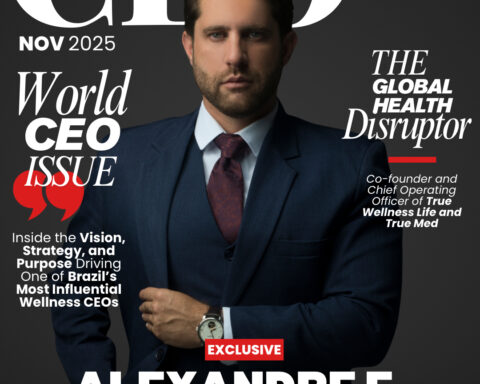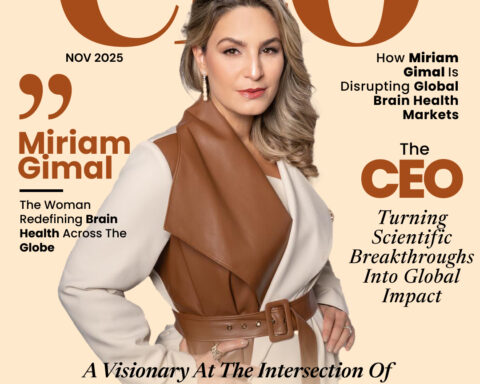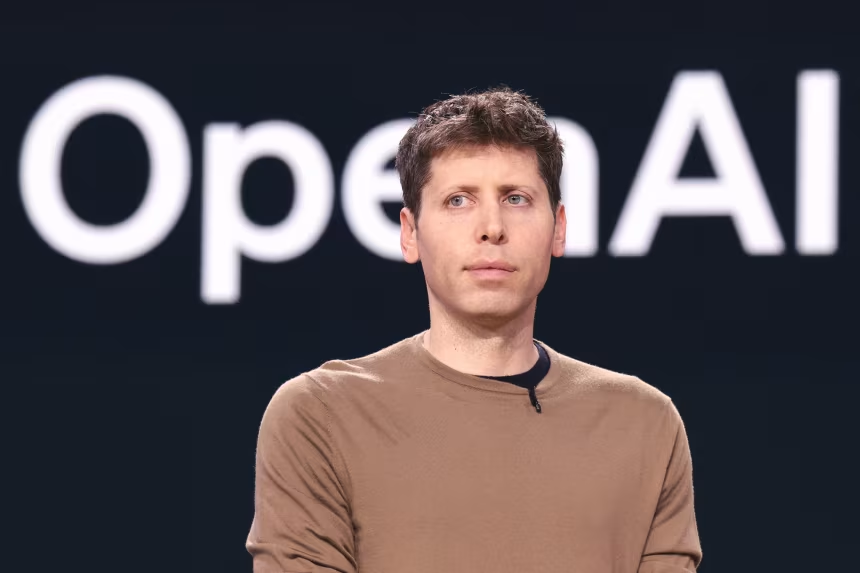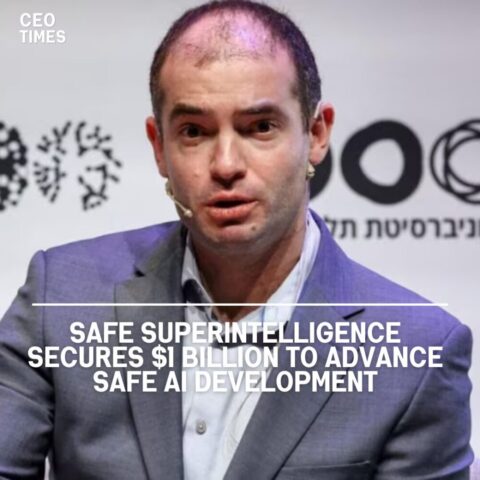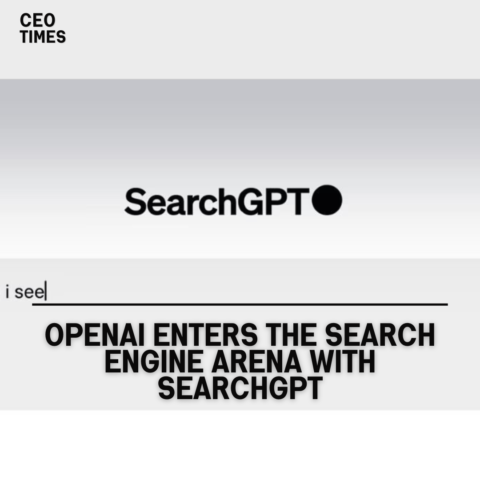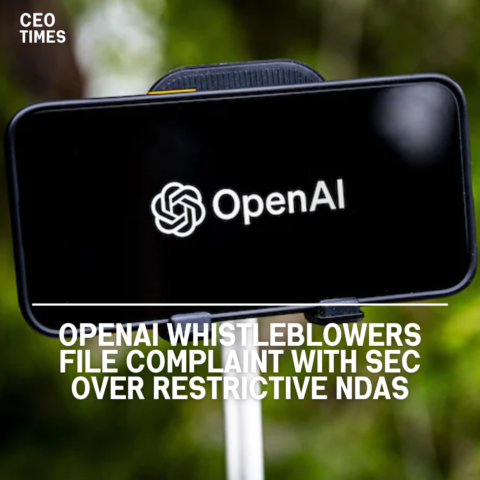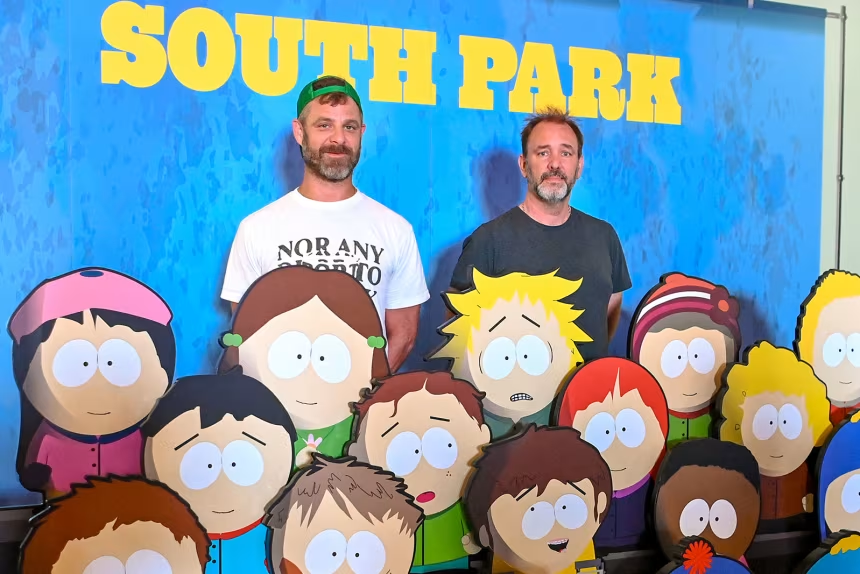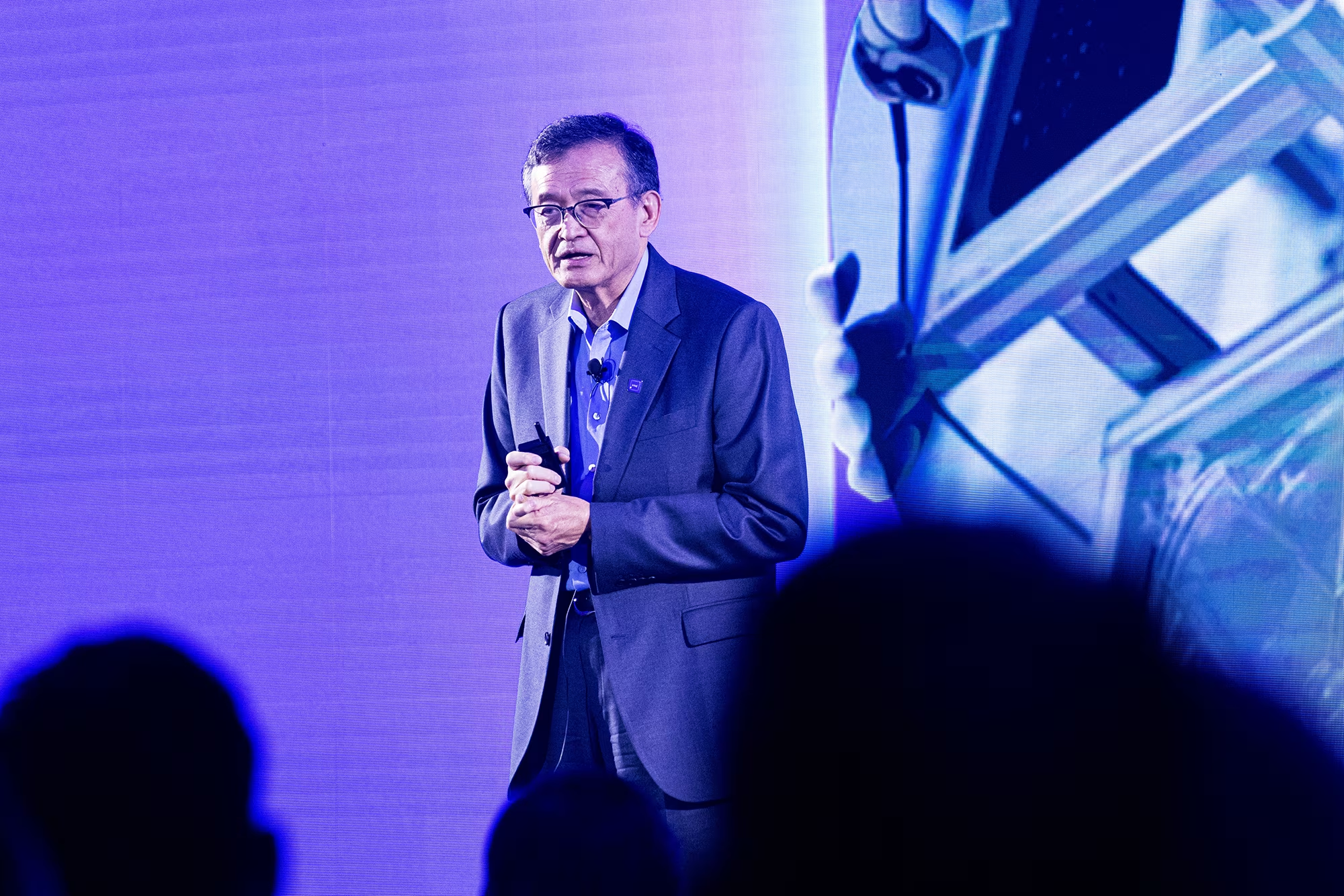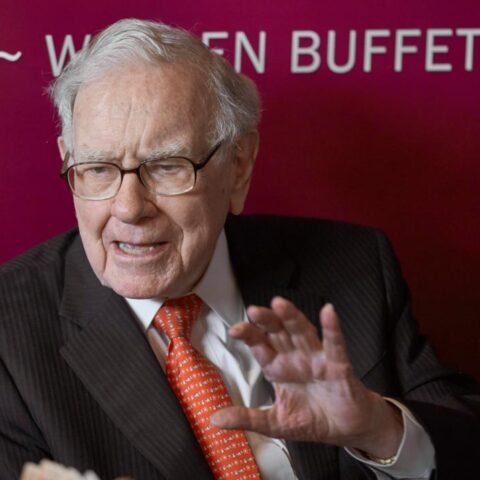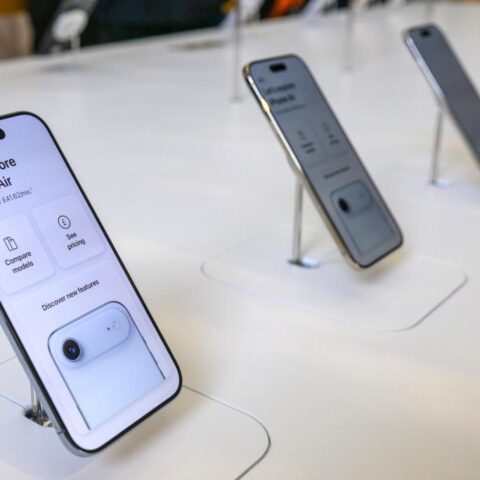Faster, more capable, and less deceptive — GPT-5 marks a pivotal step in OpenAI’s push toward artificial general intelligence as competition, regulation, and public scrutiny mount.
OpenAI has officially launched GPT-5, the latest and most advanced version of the language model powering ChatGPT, in a move CEO Sam Altman calls a “significant step toward artificial general intelligence.” Rolled out across both free and paid tiers of ChatGPT on Thursday, GPT-5 is designed to be faster, more capable, and notably more honest than its predecessors — an upgrade that comes at a critical moment in the evolution of generative AI.
At a press briefing, Altman emphasized GPT-5’s leap in intellectual depth and functionality:
“GPT-4 felt like talking to a college student. GPT-5 is the first time that it really feels like talking to an expert in any topic, like a PhD-level expert.”
Smarter, Safer, More Honest
The new model introduces a series of improvements aimed at mitigating some of the most criticized shortcomings of earlier versions. According to OpenAI’s safety research lead, Alex Beutel, GPT-5 has been trained to avoid hallucinating or pretending to know answers it doesn’t — a growing concern among researchers and users alike.
OpenAI claims GPT-5 will now:
- Avoid deceptive responses when uncertain
- Provide safer, high-level guidance on potentially harmful or sensitive topics
- Offer greater accuracy across domains like health, software development, and education
The company says it has worked extensively to ensure the model remains helpful “within the constraints of remaining safe.”
New Era of “Vibe Coding” and Productivity
GPT-5 also marks a transformative moment for developers. Altman showcased a demo in which the model generated a fully functional French language learning website based on a single prompt — a workflow now being dubbed as “vibe coding.” The model’s ability to generate end-to-end software solutions is expected to redefine productivity in tech.
Big players are already leaning in. Microsoft says up to 30% of its code is now AI-generated, while Meta CEO Mark Zuckerberg anticipates that number to hit 50% within the next year. GPT-5 is likely to accelerate this shift.
The Competition Heats Up
While OpenAI maintains pole position in the AI race — ChatGPT is on track to hit 700 million weekly active users — rivals are gaining ground, particularly among younger audiences. According to SimilarWeb, apps like Perplexity, Claude (Anthropic), DeepSeek, and Elon Musk’s xAI Grok are attracting greater usage among 18–34-year-olds.
To defend its lead, OpenAI has been making bold moves:
- Opening its first Washington, D.C. office
- Partnering with Instructure to bring AI into classrooms
- Collaborating on the $500B Stargate infrastructure project under the Trump administration
Balancing Innovation and Mental Wellbeing
As GPT-5 expands its reach, concerns around mental health are also resurfacing. A notable case from Idaho highlighted how an individual reported a “spiritual awakening” after interacting with ChatGPT on religion — a journey that his family said strained personal relationships.
With these complex dynamics at play, OpenAI’s leadership insists that the future of AI must be built on trust and transparency.
With GPT-5, OpenAI sets a new benchmark in what generative AI can achieve — not just in capability, but in responsibility. As the arms race for artificial intelligence intensifies, GPT-5 offers a glimpse into a future where AI is not just smarter, but safer and more aligned with human needs. The question now is not whether AI will change everything — it’s how wisely we’ll shape the transformation.


